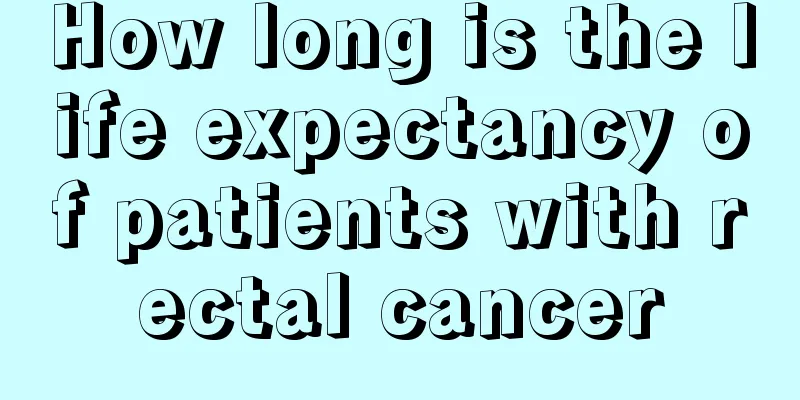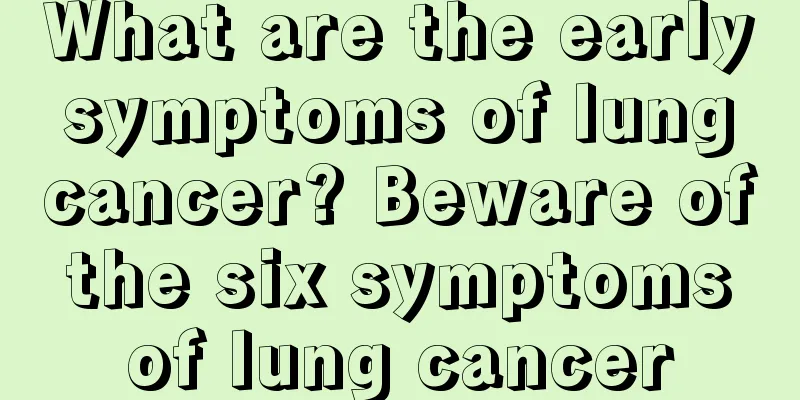What are the main symptoms of prostate cancer? What are the manifestations of prostate cancer metastasis?

|
Prostate cancer patients may not have obvious symptoms at the beginning or even no symptoms. Once symptoms are felt, the disease has already developed to the late stage. For this situation, the best way is to have regular physical examinations. The following are the symptoms of prostate cancer patients: 1. Local enlargement of the tumor If the prostate cancer progressively enlarges locally and compresses the prostate urethra, the symptoms of prostate cancer may include urination disorders, such as progressive dysuria, frequent urination, urgency, pain, and a feeling of incomplete urination. In severe cases, urine dripping and urine retention may occur. These symptoms are similar to those of benign prostatic hyperplasia (BpH), which are easy to misdiagnose and miss, delaying the early diagnosis and treatment of the disease. 2. Prostate cancer metastasis When prostate cancer metastasizes to the bones, it can cause bone pain at the metastatic site, which is also a common symptom of prostate cancer. Common sites of bone metastasis include the spine, hip bones, ribs, and shoulder blades. About 60% of advanced patients experience bone pain, which is common in the waist, sacrum, buttocks, hip pelvis. Bone pain has different manifestations. Some patients may experience continuous pain, while others may experience intermittent pain. Bone pain can be limited to a specific part of the body, or it can manifest as migratory pain in different parts of the body. Bone pain may change at different times of the day and respond differently to rest and activity. 3. Advanced prostate cancer For advanced prostate cancer, patients may experience symptoms such as fatigue, weight loss, and body pain. Because the pain seriously affects their diet, sleep, and mental state, after long-term torture, the patient's overall condition becomes increasingly weak, emaciated, and progressively anemic, and eventually the whole body fails and cachexia occurs. The above are the symptoms of prostate cancer. The earlier the treatment is, the easier it is to cure. In the early stage of treatment, the lesion has not spread and can be cured. If it is in the middle or late stage, the tumor has spread, and the treatment is only to slow down the spread, then there is basically no way to cure it. |
<<: Ten things you must know about prostate cancer What are the treatments for prostate cancer
>>: How to prevent prostate cancer? What foods can prevent prostate cancer?
Recommend
What to eat to get better quickly from throat pain
My throat hurts and I can't speak. It feels s...
Will the swelling of the lymph nodes go down after anti-inflammation?
As we all know, there is a lymphatic system in ou...
What's going on with memory loss
There are many reasons for memory loss, especiall...
Black pimples on the head
We all know that it is normal to have pimples or ...
Can nebulization reduce phlegm?
Nowadays, babies are often prone to colds and fev...
What causes retinal hemorrhage
Retinal hemorrhage is a symptom caused by many di...
Is it good to supplement calcium in summer?
When supplementing calcium, you should also pay a...
Is tea acidic or alkaline?
Many of our friends have the habit of drinking te...
What should I do if I have bloating due to appendicitis? These methods can alleviate
Bloating means that there is too much gas in our ...
Can I get cervical cancer at the age of 18?
The chances of developing cervical cancer at the ...
How many days does it usually take to be discharged from the hospital after liver cancer interventional surgery?
How many days can a patient be discharged from th...
How to treat cervical precancerous lesions? Treatment methods for cervical precancerous lesions
Cervical precancerous lesions are a very harmful ...
What are the methods to clean clogged pores
We all hope that our skin is smooth, white and el...
How to treat Aspergillus allergy
Aspergillus is a common pathogen in people’s livi...
The efficacy and function of pigeon eggs
When it comes to the efficacy and functions of pi...









